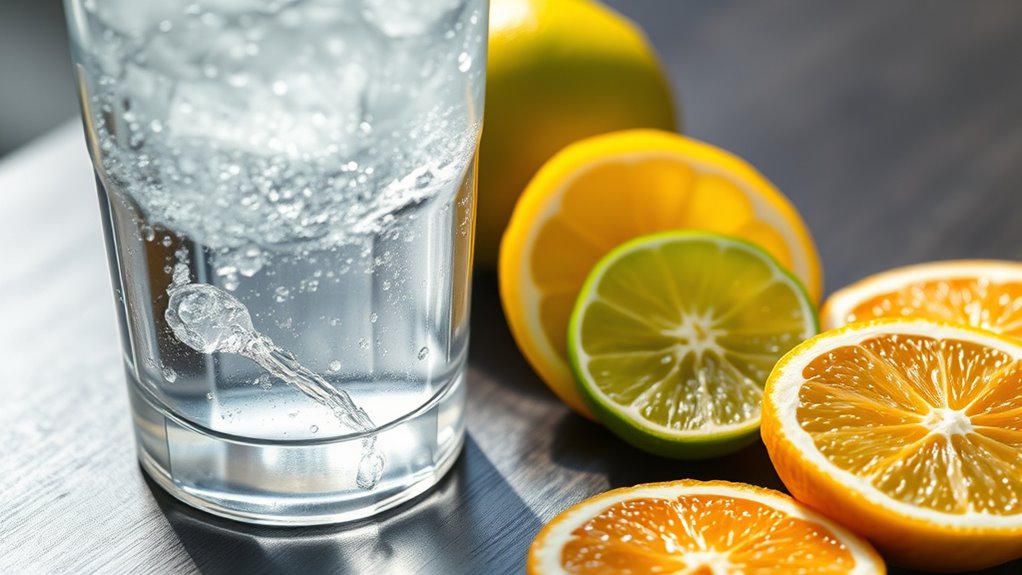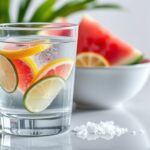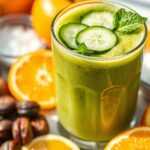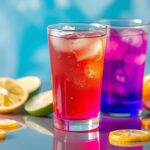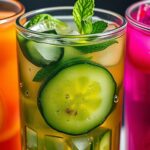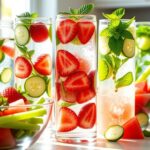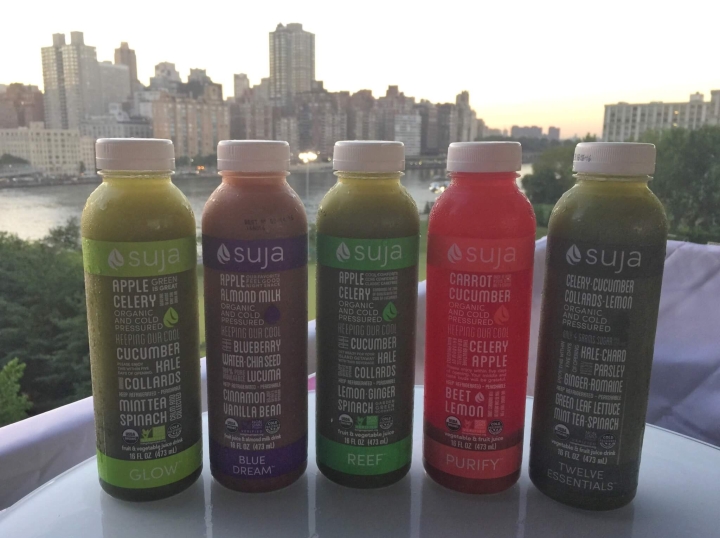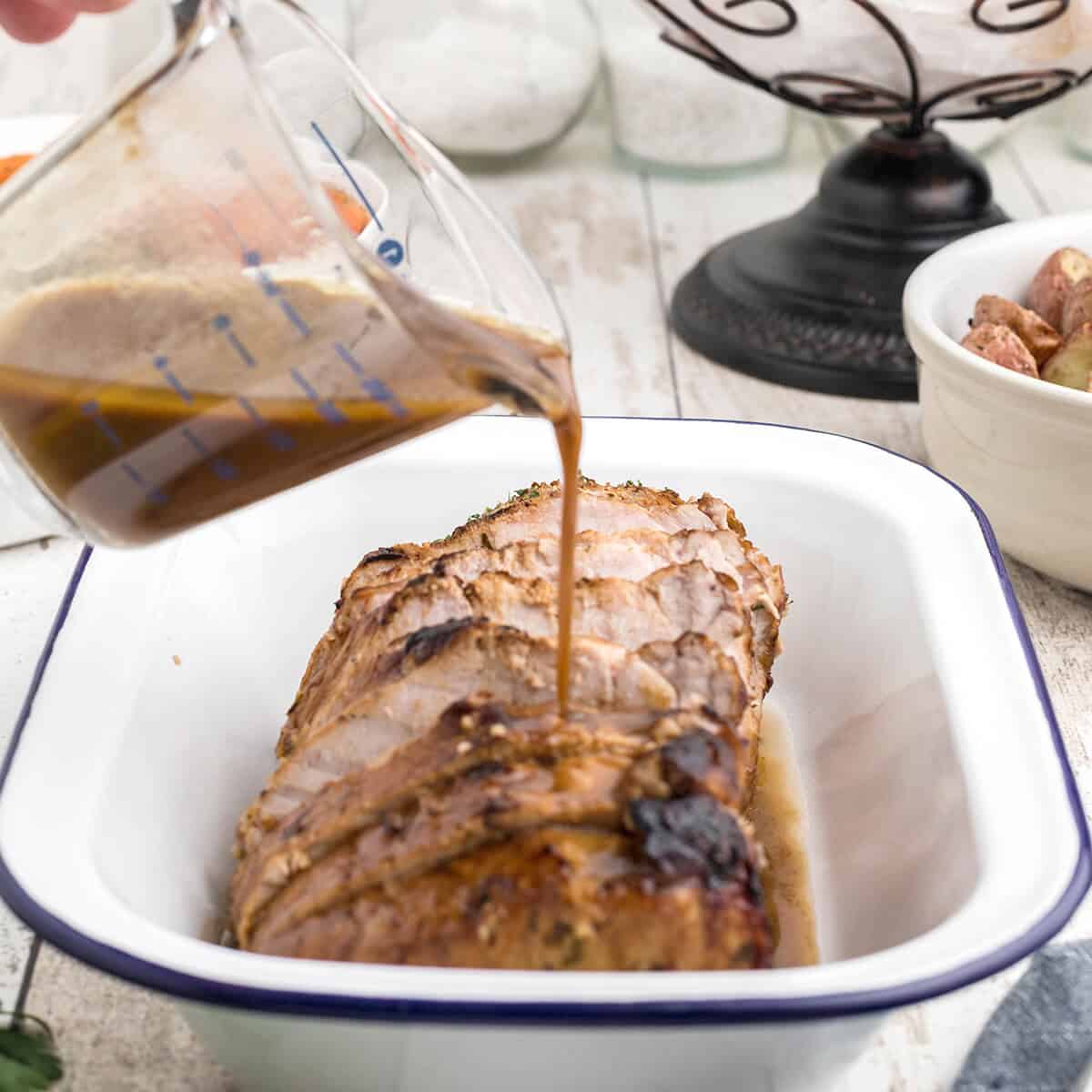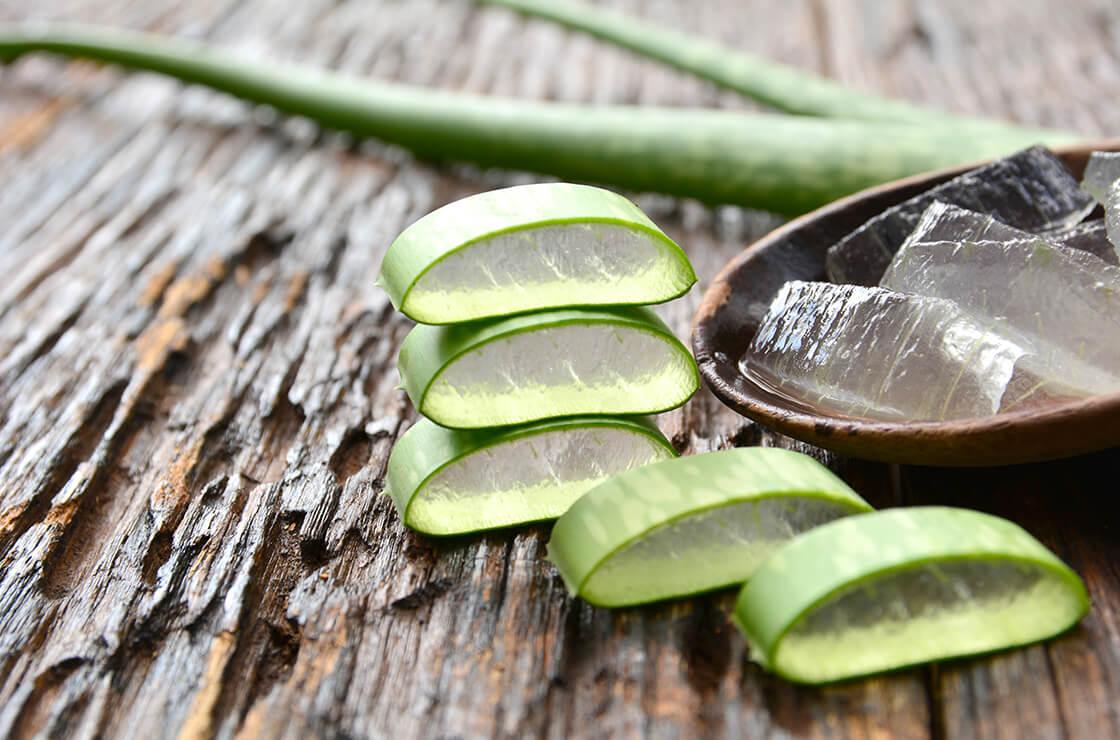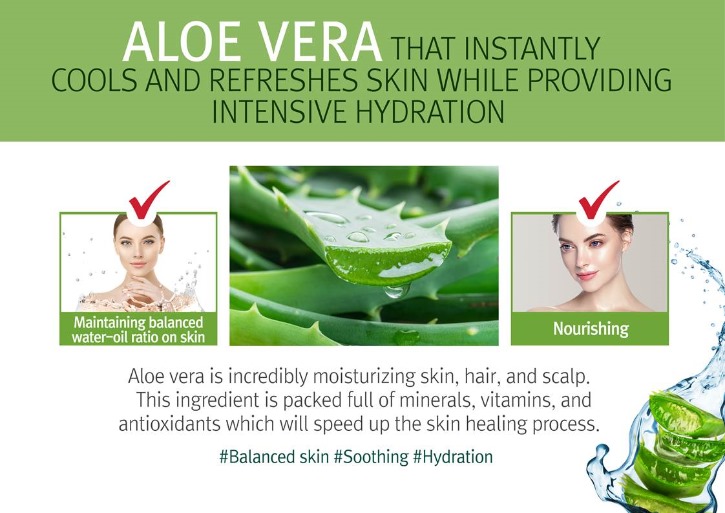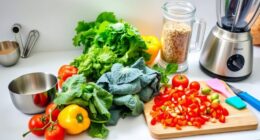Staying properly hydrated is key to maintaining energy and preventing dehydration, especially during activity or hot weather. You should drink water regularly, but also include electrolyte-rich foods like bananas, nuts, or leafy greens, or drinks like sports beverages. Balancing fluid intake with electrolytes keeps muscles functioning well and avoids dangerous conditions like hyponatremia. To get started, understanding your personal needs helps optimize your hydration habits. Continue exploring to learn how to effectively manage hydration and electrolytes for your health.
Key Takeaways
- Proper hydration involves drinking fluids regularly, especially during activity or hot weather, to prevent dehydration and support overall health.
- Electrolytes like sodium, potassium, magnesium, and calcium regulate fluid balance, nerve function, and muscle performance.
- Incorporate electrolyte-rich foods and drinks, such as bananas, nuts, and sports beverages, to enhance hydration.
- Monitor personal needs based on activity level, climate, and symptoms like dizziness or dark urine to maintain electrolyte balance.
- Balance hydration and electrolytes carefully to avoid risks like overhydration or hyponatremia, ensuring optimal health and energy.
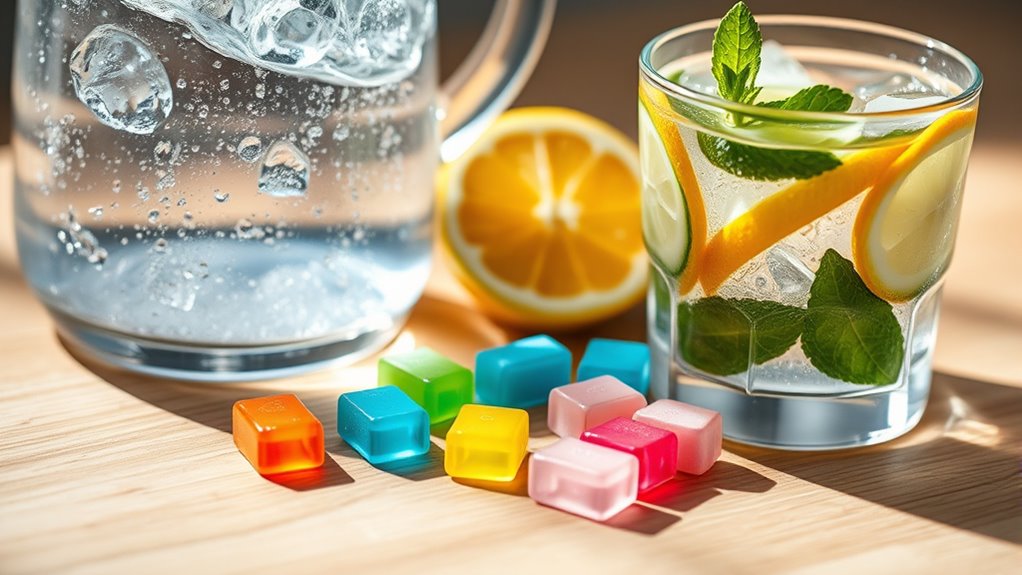
Staying properly hydrated is essential for your overall health and well-being, especially when you’re active or in hot weather. When you don’t pay attention to hydration, you risk dehydration, which can cause fatigue, headaches, and even more serious health issues. To stay on top of your hydration game, it’s important to understand the role of electrolyte balance and develop effective hydration strategies. Electrolytes—such as sodium, potassium, magnesium, and calcium—are minerals that help regulate fluid levels in your body, support nerve function, and keep your muscles working smoothly. Maintaining a proper electrolyte balance is crucial because it ensures your body absorbs and retains the fluids you consume, preventing dehydration and muscle cramps.
One of the most effective hydration strategies is to drink fluids consistently throughout the day rather than waiting until you’re thirsty. Thirst is a late indicator of dehydration, so proactive hydration is key, especially if you’re engaging in physical activity or spending time in hot environments. Incorporate beverages that contain electrolytes, like sports drinks, or add natural sources of electrolytes to your diet, such as bananas, nuts, and leafy greens. These foods and drinks help replenish lost minerals and support your body’s ability to maintain electrolyte balance. Water alone is vital, but pairing it with electrolyte-rich foods or drinks enhances hydration, especially during intense exercise or prolonged outdoor activity. Additionally, understanding the importance of projector technology in different contexts can improve your overall knowledge of visual equipment.
Another critical aspect of hydration strategies is understanding your individual needs. Factors such as your activity level, climate, and personal health influence how much fluid and electrolytes you require daily. For example, if you’re sweating heavily during exercise or working outdoors in the heat, you’ll need to increase your intake of both water and electrolytes to replace what you lose through sweat. It’s also wise to listen to your body—if you notice symptoms like muscle cramps, dizziness, or dark urine, it’s a sign you should boost your hydration efforts.
To optimize your hydration, plan ahead. Carry a water bottle, set reminders to drink regularly, and include electrolyte-rich snacks and drinks in your routine. Keep in mind that overhydration can be dangerous too, leading to a condition called hyponatremia, where sodium levels become dangerously low. Striking a balance between adequate hydration and electrolyte intake is the goal. By understanding your body’s needs and employing effective hydration strategies, you can maintain electrolyte balance, stay energized, and support your overall health.
Frequently Asked Questions
How Do Hydration Needs Differ During Illness or Medication Use?
During illness or medication use, your hydration needs change because medication interactions and illness-specific hydration affect how your body absorbs and loses fluids. You might need to drink more fluids or adjust electrolyte intake to compensate for dehydration caused by symptoms like fever or vomiting. Follow your healthcare provider’s advice, as they can recommend tailored hydration strategies to guarantee your body stays balanced and properly hydrated during these times.
Can Overhydration Be Dangerous, and How to Recognize It?
Overhydration can be dangerous because it may cause electrolyte imbalances, leading to symptoms like nausea, headache, confusion, and muscle weakness. To recognize it, watch for signs of dehydration, such as dizziness or cramping, but also notice swelling, rapid heartbeat, or confusion, which indicate overhydration. Staying balanced with electrolytes and not drinking excessively helps prevent these risks. Always listen to your body and consult a healthcare professional if unsure.
Are There Specific Electrolytes for Vegetarians or Vegans?
Yes, there are specific electrolytes for vegetarians and vegans. You can get potassium from plant-based sources like bananas, sweet potatoes, and spinach. For magnesium, try nuts, seeds, and whole grains, which are vegan-friendly options. Sodium is naturally found in sea vegetables and table salt, while calcium comes from fortified plant milks, tofu, and leafy greens. Incorporating these into your diet helps maintain electrolyte balance naturally.
How Does Alcohol Consumption Affect Hydration and Electrolyte Balance?
When you drink alcohol, it causes dehydration and disrupts your electrolyte balance. Alcohol inhibits the release of antidiuretic hormone, making you urinate more and lose essential fluids and electrolytes like sodium, potassium, and magnesium. This electrolyte imbalance can lead to symptoms like dizziness, muscle cramps, and fatigue. To minimize these effects, stay well-hydrated with water and replenish electrolytes through balanced foods or drinks after consuming alcohol.
Can Electrolyte Supplements Replace Hydration Drinks During Exercise?
You might think electrolyte supplements can fully replace hydration drinks during exercise, but they can’t. Electrolyte absorption varies, and hydration timing is vital for peak performance. Hydration drinks often contain water, carbs, and electrolytes, working together to keep you energized. Relying solely on supplements risks missing key hydration benefits, especially during prolonged activity. Use supplements as a supplement, not a replacement, and stay mindful of your hydration needs.
Conclusion
Staying hydrated and maintaining your electrolyte balance is like tending to a delicate garden—you must water it regularly and nourish it with the right nutrients. By understanding your body’s needs and listening to its signals, you can keep your energy flowing smoothly. Remember, hydration isn’t just about quenching thirst; it’s the foundation for your overall well-being. Stay vigilant, and let your body’s internal ecosystem thrive like a vibrant, well-tended garden.
Ilana has been a vegan for over 10 years. She originally made the switch for health reasons, but soon found herself becoming more and more passionate about the ethical and environmental implications of a vegan lifestyle. Ilana is the author of The Graceful Kitchen, a blog all about veganism. She loves to cook up delicious and nutritious vegan meals, and share her recipes with others who are interested in leading a cruelty-free life. Ilana is also a strong advocate for using whole foods as the foundation of a healthy diet, and believes that going vegan is one of the best ways to achieve this.
